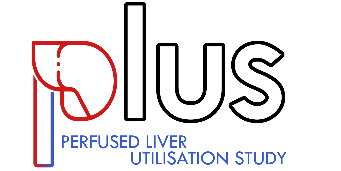About the trial
Utilisation of normothermic machine preservation in extended criteria livers: a national threshold-crossing study.

The dominant challenge in clinical organ transplantation is the shortage of deceased donor organs.
Liver transplantation is a highly effective treatment, however, livers from many donors are less suitable, due to older age, medical conditions or circumstances of death.
To use these higher-risk livers safely, we need to find better ways to preserve, repair and test livers so that more of the available donor organs can be transplanted without compromising the survival rate.
Normothermic machine perfusion (NMP) is a novel method of organ preservation which replaces the conventional icebox, using a machine which restores the flow of blood at body temperature allowing the liver to function during storage. This results in less injury and allows the surgeon to assess the organ’s viability.
This study will recruit 799 eligible livers at the point of offering and assess the impact of availability of NMP on organ utilisation on the entire transplant pathway.
Eligibility is assessed by a clinical risk score which predicts graft utilisation.
We will compare the proportion resulting in successful transplants with a group of offers where NMP was not used to see if a pre-defined threshold for increased use is met.
The primary outcome is functional utilisation: transplantation of the liver with 12-month graft survival.
For more information about the study please contact our team at PLUS@nhsbt.nhs.uk.
